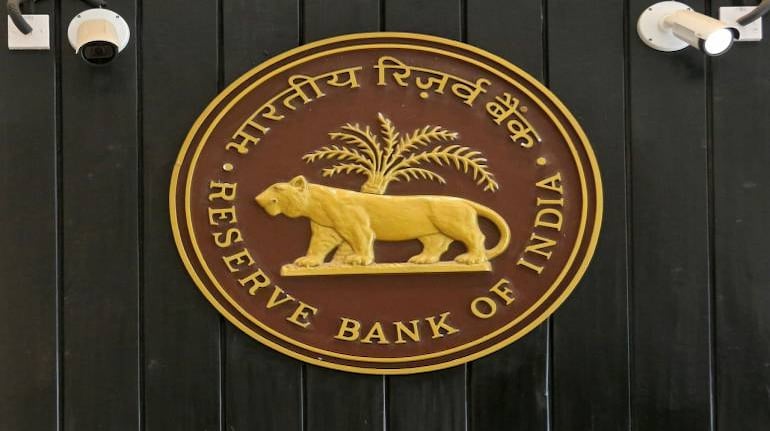



The release of an RBI internal working group (IWG) report on rules pertaining to private bank promoters and the entry of new players was the big event for the banking industry the previous week. A proposal to let large non-banking finance companies (NBFCs) and businesses to float banks was the highlight of the report.
Well-run large NBFCs, with an asset size of Rs 50,000 crore and above, including those owned by a corporate house, may be considered for conversion into banks, subject to completion of 10 years of operations, fulfilling due diligence criteria and other conditions.
Sounds good? As always, the devil is in the detail.
Also read: RBI releases panel report on ownership, governance norms of private banks
Also read: 'Timely and bold': Hinduja Group's Ashok Hinduja welcomes RBI report on private bank ownership
The regulator believed that such a policy would increase competition and bring in new ideas into the system but on-tap licensing didn’t change the Indian banking industry.
As Emkay Global pointed out in a report, even after the “on-tap” licencing norms, “none have opted for going down the banking route so far”. It is pertinent to note that the final approval will come after “meeting the due diligence” criteria of the RBI and the nod will also be based on the experience of several years, which most NBFCs failed to meet, Emkay said.

“For instance, Indiabulls Housing failed to get RBI approval for acquiring Laxmi Vilas Bank and indirectly obtaining a banking licence. Our recent expert call discussions also suggest the same. We believe RBI will continue to exercise extreme caution and conservatism in granting universal banking licences to NBFCs. This will be a time-consuming affair,” Emkay said in its report.
The devil is the RBI stipulation that the contenders should meet the due diligence criteria. There have been occasions when NBFCs have tried to get a backdoor entry into banking by acquiring small, weaker banks but couldn’t get past the RBI’s screening process on the “fit and proper” criteria.
Typically, the regulator doesn’t explain why it turned down an aspirant. It is purely RBI’s call on who is fit to run a bank and who’s not. The regulator is extremely sensitive, as we have seen, in letting businesses run banks.
The RBI report indicates that there could be some change in the approach but the fundamental reasons the regulator is uncomfortable with the corporates floating banks are unlikely to change in a big way.
If the RBI accepts the IWG report and calls for new bank permits, who are all likely to apply? That’s a guess at this stage.
But, according to HDFC Securities, six large NBFCs—Bajaj Finance, L&T Finance, Muthoot Finance, Cholamandalam, Mahindra and Mahindra Finance and Aditya Birla Capital—are likely to apply for banking permits. Of these, only Bajaj Finance and Cholamandalam Finance are likely to get the licence.
According to Emkay, Bajaj Finance would not be keen on transforming into a bank at the cost of growth, at least over the medium term. However, NBFCs such as L&T Finance and AB Capital could be interested.
Regardless of who throws the hat in the ring, ultimately the RBI’s comfort with the companies and the corporate groups promoting these entities will prove decisive.
The Indian financial services industry has seen two major NBFC failures (IL&FS and DHFL), one major co-operative bank collapse (Punjab and Maharashtra Co-op Bank) and two private bank failures (Yes Bank and Lakshmi Vilas Bank) since 2018.
Regardless of what the IWG report says, top bosses at the RBI will be wary in letting new entrants into banking.
(Banking Central is a weekly column that keeps a close watch and connects the dots about the sector's most important events for readers.)
Discover the latest Business News, Sensex, and Nifty updates. Obtain Personal Finance insights, tax queries, and expert opinions on Moneycontrol or download the Moneycontrol App to stay updated!
Find the best of Al News in one place, specially curated for you every weekend.
Stay on top of the latest tech trends and biggest startup news.